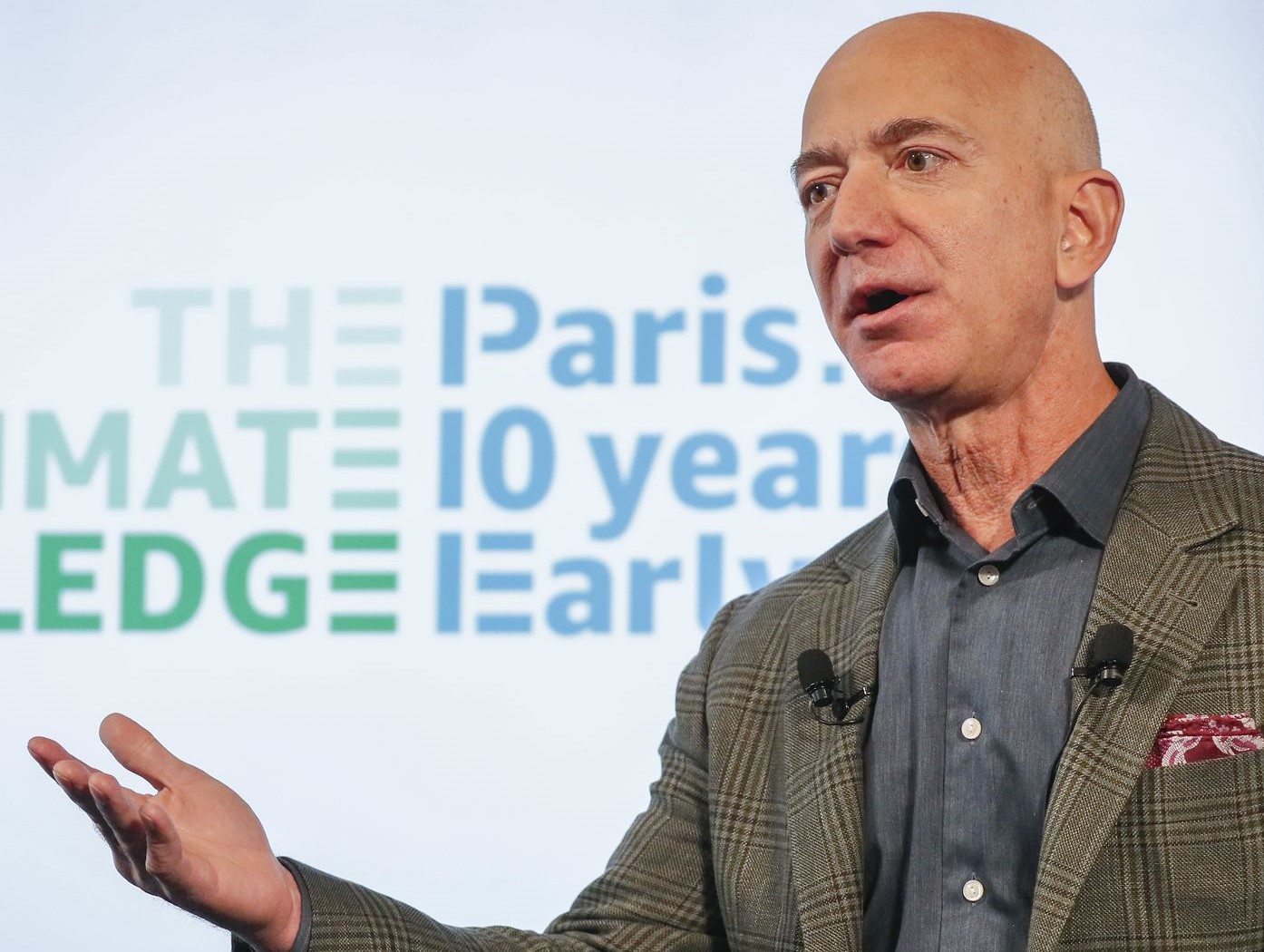Amazon CEO Jeff Bezos made one of the largest philanthropic commitments ever made by an individual at the end of last month. The businessman announced via Instagram that he intends to donate around eight percent of his $107 billion net worth (an amount which will leave his status as world’s richest man unchanged) to “amplify known ways and to explore new ways of fighting the devastating impact of climate change on this planet we all share”. Bezos’ initiative, the Bezos Earth Fund, is set to support scientists, NGO’s, activists, “and any effort that offers a real possibility to help preserve and protect the natural world”, but the specific distribution of the grant remains elusive as he will begin to circulate the money in the coming summer. His social media post suggests that the grant will be predominantly research based and given to non-profit organisations.
The unique situation of the fund being backed by a single benefactor may lead to an accelerated and efficient climate response as those involved will not have to go through the same preliminary protocols that government research requires. The grant may side-step influencing imperative political campaigns, as Bezos intends to focus the majority of the grant on scientific research. He listed the need for “collective action from big companies, small companies, nation states, global organisations, and individuals”, but relegated mention of political exploits. This may mean that the fund may not contribute to spreading global awareness of the climate crisis. It has also become immediately clear that prospective projects may have to correlate with Bezos climate ideology in order to have their proposals and access to funding approved.

Bezos’ announcement of the grant comes after his company came under harsh criticism due to its single-handed impact on carbon emissions. The scrutiny focuses on Amazons’ abundant fleet of delivery trucks and its support of oil companies, with the company emitting around 44.4 million metric tons of carbon dioxide yearly. These alarming statistics place Amazon parallel to oil and gas producers, and may explain the timing of the CEO’s donation. Those sceptical of the fund question whether changing Amazons’ practices would be a more effective way to tackle the climate change crisis rather than issuing money. Bezos may have felt pressured into taking public action after Amazon employees scheduled walk-outs and voiced their concerns about Amazon’s impact on the environment publicly. The individuals were advised to direct their thoughts via internal channels within the company instead of taking their concerns into society.
As well as announcing the Bezos Earth Fund, the Amazon CEO has also stated that his company will achieve carbon neutrality by 2040, aiming to replace his delivery vehicles with electric alternatives. As recent criticism of Amazon’s methods – and by extension, Bezos himself – has become louder, the timing may suggest that this fund is motivated by a PR attempt to savour the company’s reputation rather than a concern for “this planet we all share”. However, despite the incentive behind the grant, it may indeed help to fund essential new technologies.
Journalist Stefan Stern summarised the fund as an example of “the paradox at the heart of philanthropy,” as Bezos is donating a huge sum to a problem which he has a hand in contributing to through his business endeavours. As well as the market leader Amazon, Bezos is also CEO of Blue Origin, a company which manufactures rockets and aims to make space accessible for a “dynamic future for humanity” and safety for future generations. However, it is often questioned as to whether the company is using the guise of climate consciousness as a motivation for private space travel.

Besides highlighting the global avenues which have contributed to Bezos’ wealth, the fund has also shined a harrowing light on U.S’ green government spending. The U.S dedicated just a fifth annually of what Bezos as an individual has pledged on energy and environment. The U.S distributes half of their discretionary spending on the military, and such statistics call into question how seriously the U.S is taking the climate crisis. The current distribution of spending certainly correlates with Donald Trump’s decision to pull out of the Paris Climate Agreement. The U.S government’s seemingly non-urgent stance regarding climate change places the need for awareness of the crisis as a high priority. Global awareness of the issue is fundamental in order to induce the “collective action” across the world which Bezos aims to create.
However, due to the current unknown distribution of the fund, it is unclear whether it will contribute towards the fundamental political awareness needed or simply use scientific research to attempt to undo the serious damage which companies such as Amazon have inflicted on the planet.
Image: Paul Morigi / The Verge

